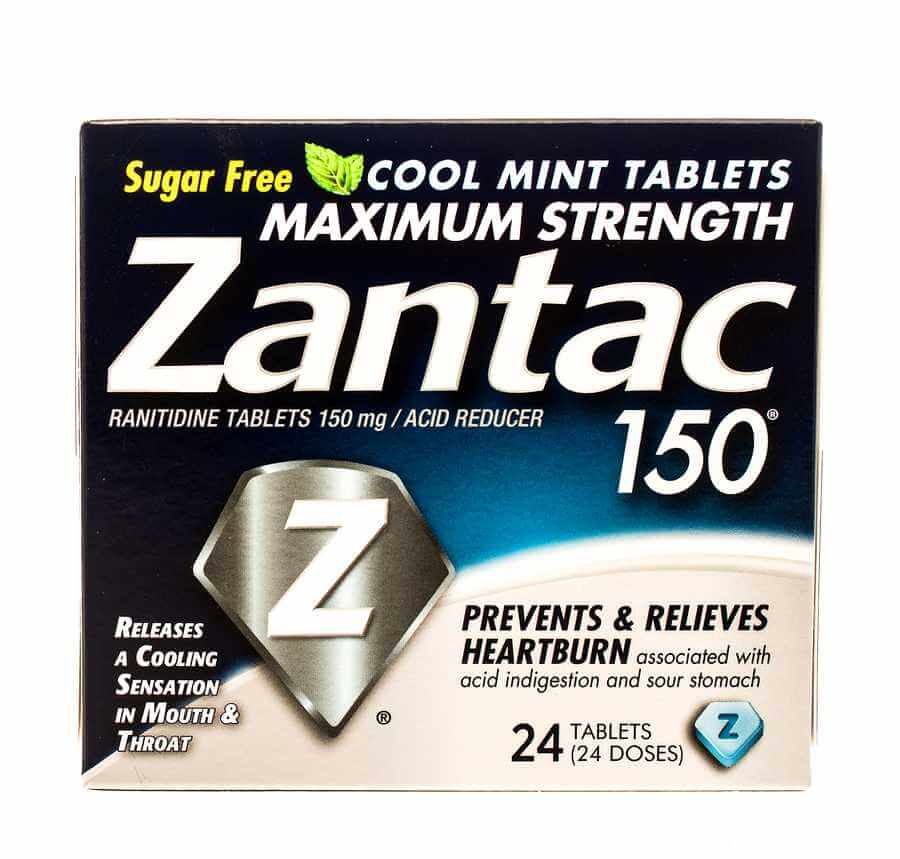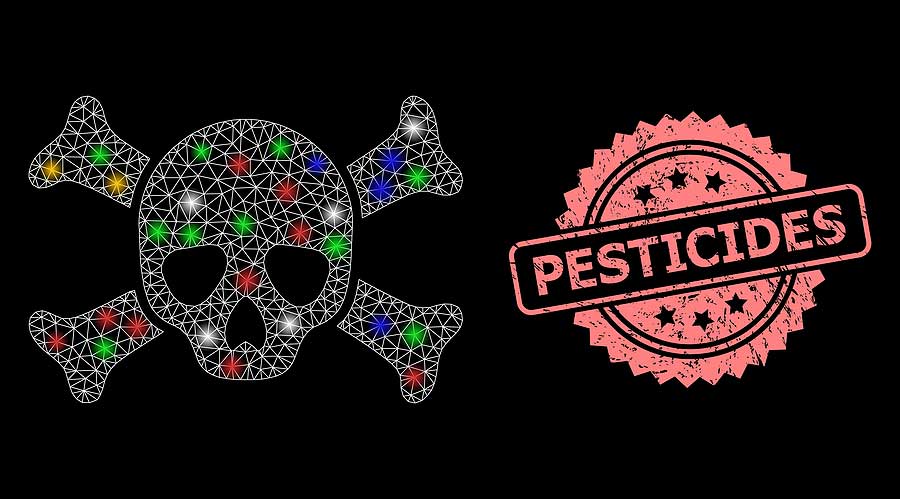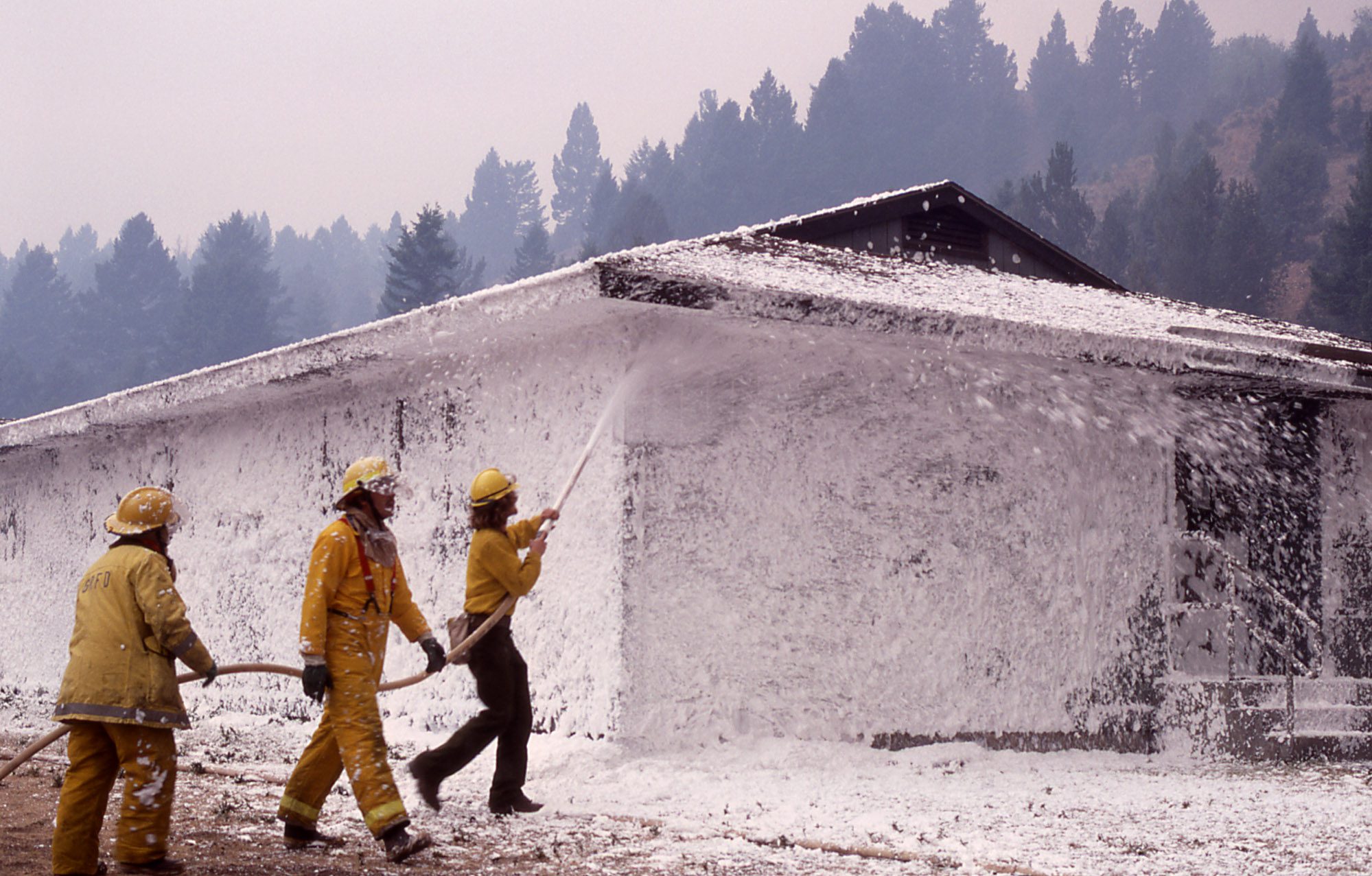Zantac, a drug first created in 1938, is one of the most popular heartburn related drugs on the market. Zantac, which is the brand name for ranitidine, has recently been fully recalled by the FDA due to concerns related to the presence of NDMA in Zantac and other ranitidine drugs. This recall is now associated with a Zantac lawsuit investigation due to the fact that NDMA is known to increase the risk for the development of cancer. Zantac lawyers are working with clients who may have been negatively impacted by Zantac in order to ensure that they receive proper compensation. At Shamis & Gentile, P.A, we are dedicated to ensuring that the proper people are held responsible for this link between Zantac and cancer.
How Does Zantac Work?
Zantac or ranitidine is known as an H2 blocker, due to the fact that the drug works by blocking the production of acid in the stomach. Zantac was available in several forms, including over the counter and prescription strengths. The dosage of Zantac varied from 75 mg to 150 mg tablets, although it was not uncommon for patients taking Zantac to take a singular 300 mg dosage or two 150 mg tablets. Zantac was recommended and prescribed for heartburn, acid reflux, and similar issues.
Sanofi and the NDMA Link
Zantac lawsuit lawyers believe that Sanofi, the manufacturer of Zantac, knew about the potential link between cancer and Zantac and did not inform consumers about this risk. This potential deception on their part was designed to ensure that they were able to reap the profits of this popular drug, which was known as the first drug to ever generate $1 billion in annual sales, without losing money after informing consumers of the potential harm.
How the NDMA Link Was Discovered
It is thanks to an independent lab study that the link between NDMA and Zantac was discovered. Valisure conducted a test which found excessively high levels of NDMA, a known carcinogenic compound, inside all of the tested batches of ranitidine drugs. Their findings determined that a single tablet of 150 mg Zantac had around 3,000 times the maximum daily intake; meaning someone who took two of these tables a a day would be getting 6,000 times the maximum intake of NDMA.
The FDA originally issued a safety alert but not a recall, but this was later amended after additional FDA testing confirmed the independent lab findings. In addition to finding excessive NDMA, the FDA discovered that the NDMA levels would increase gradually even in ranitidine kept at room temperature. This poses a serious problem as it indicates that NDMA levels in medications would increase, even if the medication was stored at the right temperatures.
Types of Cancers Associated with Zantac
There are a number of different cancers which are believed to be associated with Zantac. If you or a loved one was diagnosed with one or more of these cancers after taking Zantac regularly, please contact us today; our contact information is below.
- Intestinal cancers
- Kidney cancer
- Esophageal cancer
- Bladder cancer
- Brain cancer
- Lung cancer
- Liver cancer
- Prostate cancer
- Stomach cancer
- Thyroid cancer
- Ovarian cancer
- Uterine cancer
In addition to the above associated cancers, other side effects such as vomiting, nausea, abd0minal pain and headaches were reported.
Impacted Products
This is not a full list of the products recalled by the FDA. However, the most common Zantac and generic ranitidine products include:
- Zantac (Regular, Maximum Strength; various dosages)
- Wal-Zan (75 and 150 mg dosages)
- Heartburn Relief (generic ranitidine)
- Acid Control (generic ranitidine)
- Acid Reducer (generic ranitidine)
Contact Zantac Lawyers Today
If you believe you may be eligible for Zantac lawsuit investigation, please contact your Zantac Lawyers, Shamis & Gentile, P.A. for a free case review. We can be contacted via email at info@shamisgentile.com or contacted via phone at 305-479-2299.




